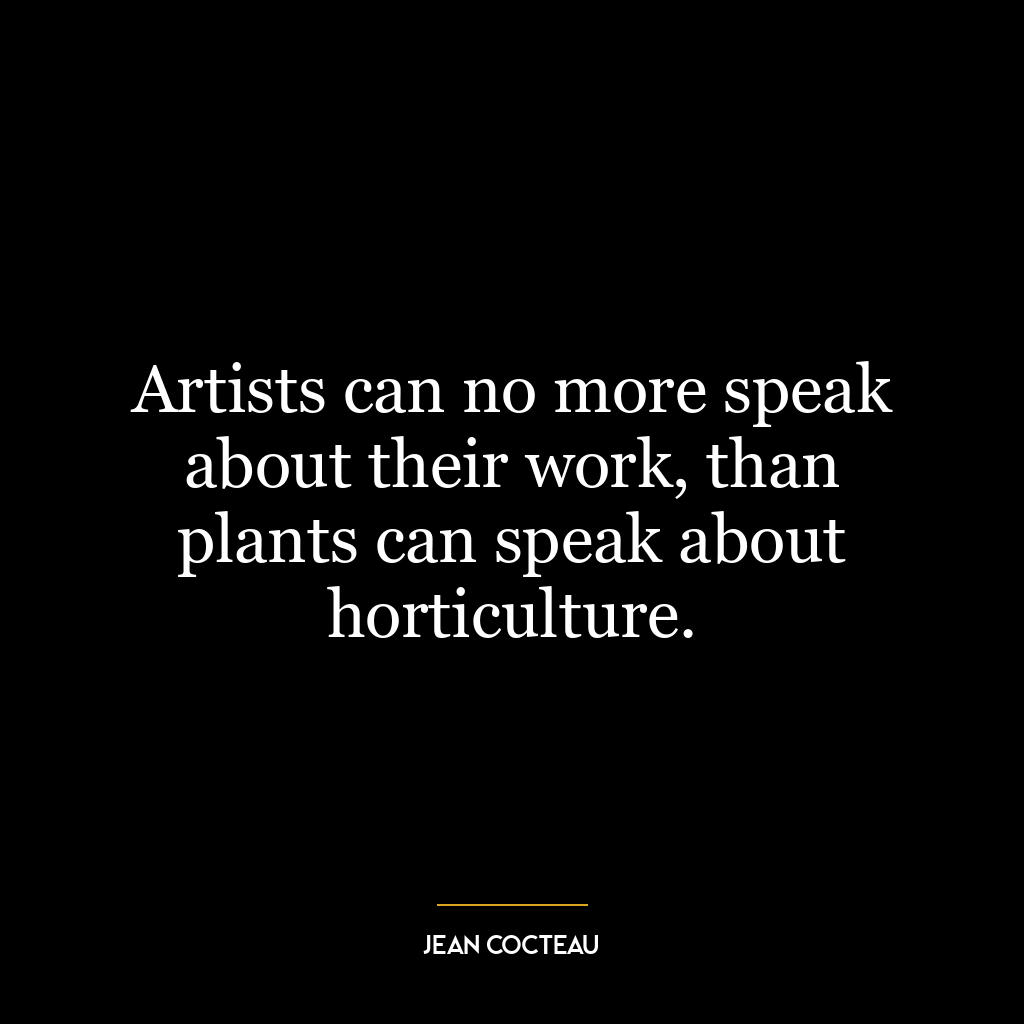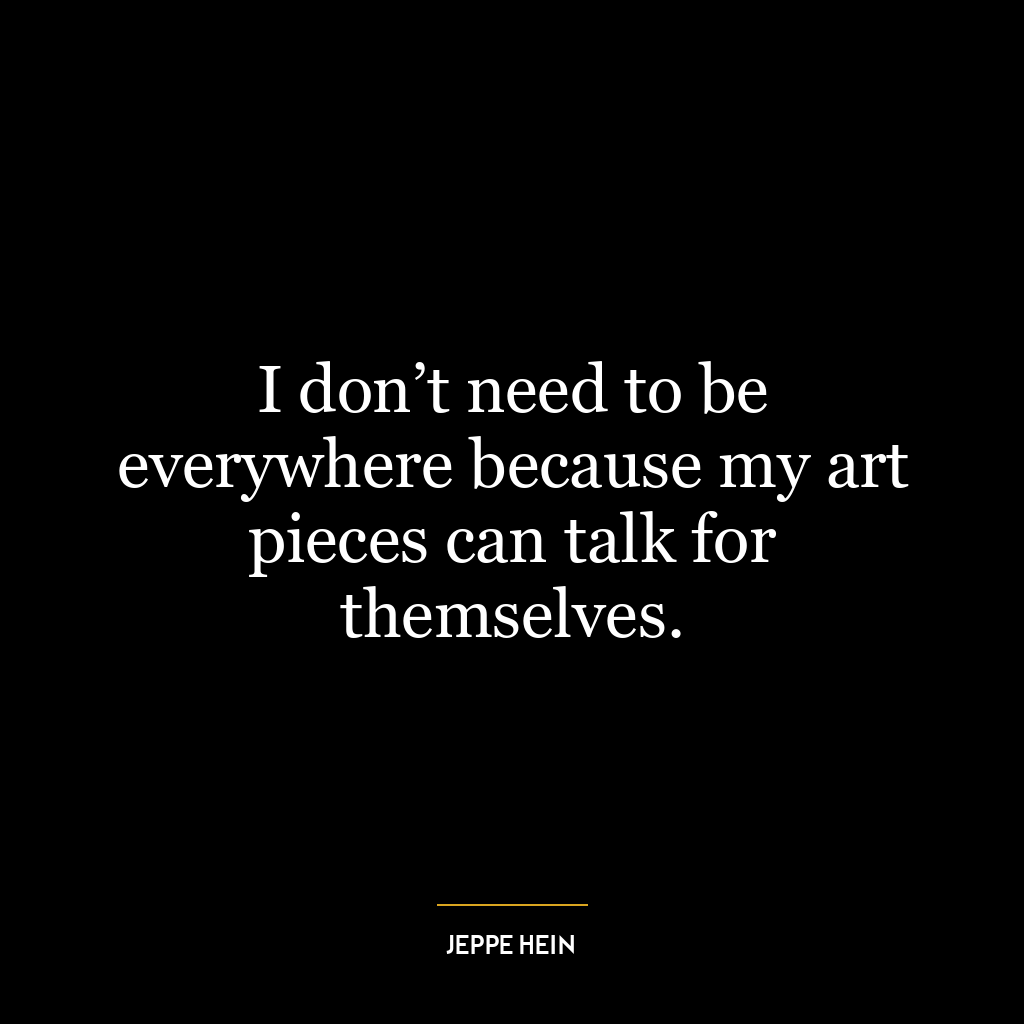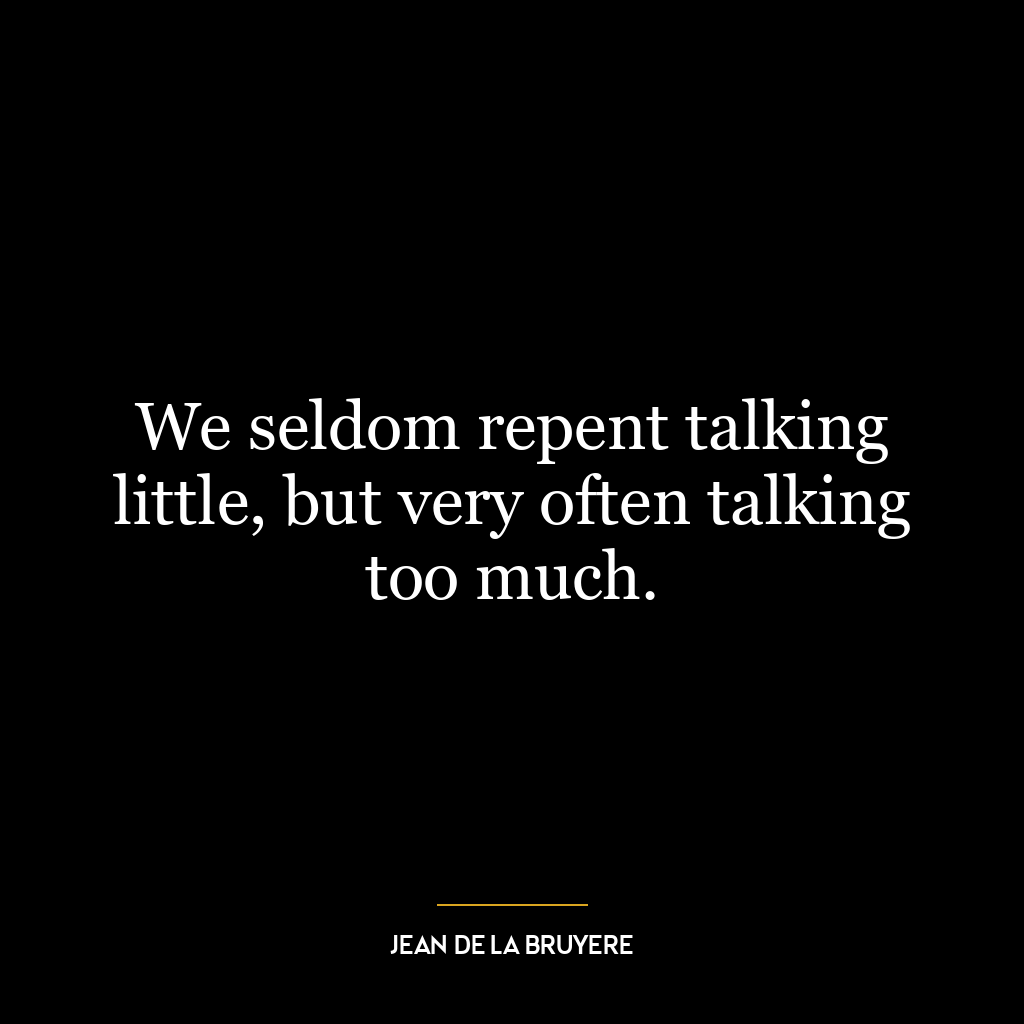The trouble with her is that she lacks the power of conversation but not the power of speech.
This quote is a witty observation about the difference between having the ability to talk and having the skill to converse. It suggests that while the person in question can speak, she lacks the ability to engage in meaningful conversation. Essentially, she has mastered the physical act of producing words but fails at using them effectively for substantial communication.
The power of speech refers to one’s basic ability to articulate words and phrases. It’s a fundamental characteristic that most humans possess, allowing us to express our thoughts verbally. However, not everyone who can speak can necessarily converse well.
The power of conversation is much more complex than just speaking. It involves listening attentively, understanding others’ points of view, responding thoughtfully, and building on what others say. Good conversation requires empathy, open-mindedness, respect for other people’s opinions and experiences – it’s an art form that goes beyond merely speaking.
In today’s world where social media platforms are dominant forms of communication – this quote has even more relevance. Many people post their thoughts or opinions without engaging in meaningful dialog with others – they have ‘the power of speech’, but not ‘the power of conversation’. The rise in digital communication has led some people into echo chambers where they only hear views similar to their own which hinders effective conversations from taking place.
In terms of personal development aspect: mastering both speech and conversation is crucial for success both professionally and personally. Being able to articulate your ideas clearly (power of speech) will help you communicate your thoughts effectively while being able to listen actively and respond appropriately (power of conversation) will help you build strong relationships with colleagues or loved ones.
So while it may be easy for many people just simply talk or post messages online – developing skills related with good conversationalist could greatly improve our interactions with others making them more meaningful fulfilling exchanges rather than one-sided monologues.















